How to Control Diabetes
April 11, 2022

Keeping your blood glucose levels within the range recommended by your doctor is often demanding. Many factors change your blood sugar levels, and sometimes they are unexpected. Following are some factors that may affect your blood glucose levels.
Contents
Food
Healthy eating could be a foundation of healthy living with or without diabetes. But if you are diagnosed with diabetes, you need to understand how foods affect your blood sugar levels. It isn’t only the sort of food you eat, but also what proportion you eat and the combinations of food types you eat.
Here’s what you can do
- Learning about carbohydrate counting and portion sizes – A key to several diabetes management plans is learning to count carbohydrates. Carbohydrates often have the most crucial impact on your blood sugar levels. In addition, for people taking mealtime insulin, it is vital to understand the number of carbohydrates in your food to get the proper insulin dose.
- Considering portion size is suitable for each food type – Simplify your meal planning by writing down portions for foods you eat often. Use measuring cups or a scale to ensure proper portion size and an accurate carbohydrate count.
- Making every meal well balanced – The maximum amount possible, plan for each meal to have a decent mix of starches, fruits and vegetables, proteins, and fats. Pay attention to the categories of carbohydrates you decide on. Some carbohydrates, such as fruits, vegetables and whole grains, are better for you than others. These foods are low in carbohydrates and have fibre that helps keep your blood sugar levels more stable. Confer with your doctor, nurse or dietitian about the simplest food choices and, therefore, the appropriate balance of food types.
- Coordinating your meals and medications – Insufficient food in proportion to your diabetes medications, especially insulin, may lead to low blood sugar (hypoglycemia). Conversely, an excessive amount of food may cause your blood glucose level to climb too high (hyperglycemia). Ask your diabetes health care team about how to best coordinate meal and drug schedules.
- Avoiding sugar-sweetened beverages – Sugar-sweetened beverages tend to be high in calories and offer little nutrition. And since they cause blood sugar to rise quickly, it is best to avoid these forms of drinks if you’ve got diabetes.
The exception is if you’re experiencing a coffee blood sugar level. Sugar-sweetened beverages, like soda, juice and sports drinks, are often used as an efficient treatment for quickly raising blood sugar that’s too low.
Best and not-so-best food to eat when you are diabetic
1. Starches
Your body needs carbs. But you want to choose wisely. So use this list as a guide.
Best Choices
- Whole grains, such as brown rice, oatmeal, quinoa, millet, or amaranth
- Baked sweet potato
- Items made with whole grains and no (or very little) added sugar
Not-so-good choice
- Processed grains, such as white rice or white flour
- Cereals with tiny whole grains and lots of sugar
- White bread
- French fries
- Fried white-flour tortillas
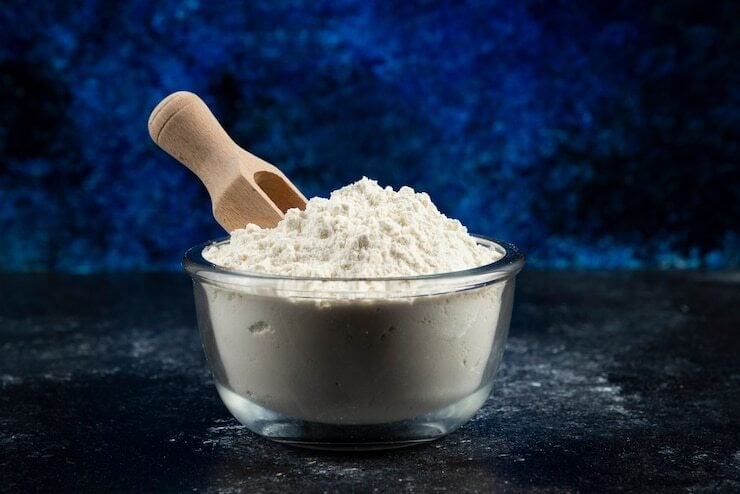
2. Vegetables
Best Choices
- Fresh veggies, eaten raw or lightly steamed, roasted, or grilled
- Plain frozen vegetables, lightly steamed
- Greens such as kale, spinach, and arugula. Iceberg lettuce is not as great because it’s low in nutrients.
- Low sodium or unsalted canned vegetables
Not-so-good choices
- Canned vegetables with lots of added sodium
- Veggies cooked with lots of added butter, cheese, or sauce
- Pickles, if you need to limit sodium. Otherwise, pickles are OK.
- Sauerkraut, for the same reason as pickles. Limit them if you have high blood pressure.
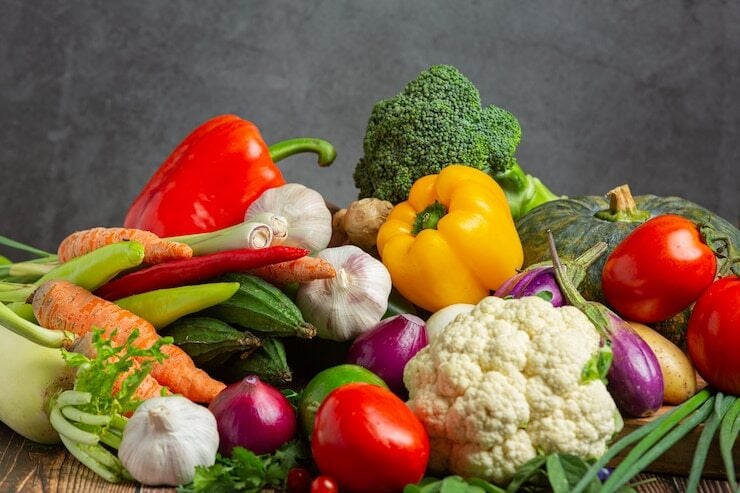
3. Fruits
They give you carbohydrates, vitamins, minerals, and fibre. Most are naturally low in fat and sodium. But they tend to have more carbs than vegetables do.
Best Choices
- Fresh fruit
- Plain frozen fruit or fruit canned without added sugar
- Sugar-free or low-sugar jam or preserves
- No-sugar-added applesauce
Not-so-good choices
- Canned fruit with heavy sugar syrup
- Chewy fruit rolls
- Regular jam, jelly, and preserves (unless you have a tiny portion)
- Sweetened applesauce
- Fruit punch, fruit drinks, fruit juice drinks
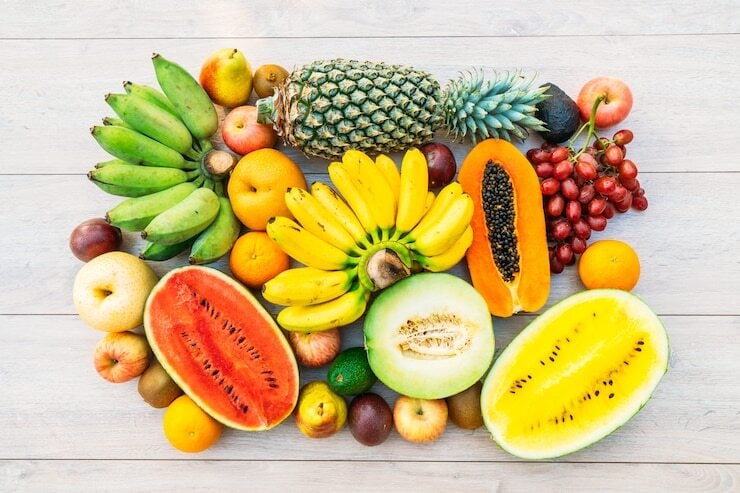
Also Read: Immune-Boosting Foods
4. Protein
You have many choices, including beef, chicken, fish, pork, turkey, seafood, beans, cheese, eggs, nuts, and tofu.
Best Choices
- Plant-based proteins such as beans, nuts, seeds, or tofu
- Fish and seafood
- Chicken and other poultry (Choose the breast meat if possible.)
- Eggs and low-fat dairy
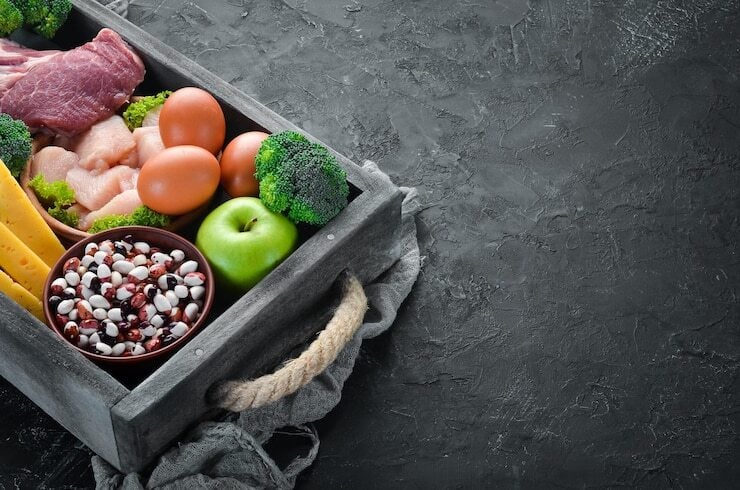
5. Dairy
Keep it low in fat. If you want to splurge, keep your portion small.
Best Choices
- 1% or skim milk
- Low-fat yoghurt
- Low-fat cottage cheese
- Low-fat or nonfat sour cream
Not-so-best choices
- Whole milk
- Regular yoghurt
- Regular cottage cheese
- Regular sour cream
- Regular ice cream
- Regular half-and-half
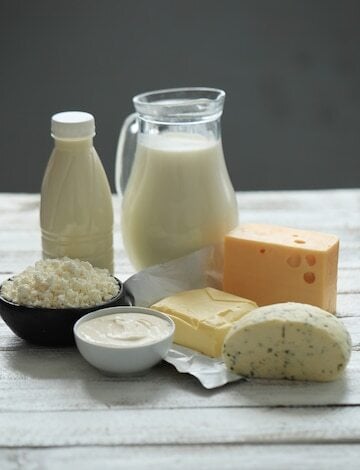
Engage in physical activities regularly.
- Regular exercise can help you reach and maintain a moderate weight and increase insulin sensitivity. It also helps your muscles use blood sugar for energy and muscle contraction.
- If you are someone with blood sugar, consider routinely checking your levels before and after exercising. This can assist you in learning the way you respond to different activities and keep your blood sugar levels from getting too high or low.
- Exercise snacks mean that you split your sitting time every half-hour for just a few minutes throughout the day. A number of the recommended exercises include light walking or simple resistance exercises like squats or leg raises.
- Any activity that regularly gets you up and moving regardless of the intensity beats a sedentary lifestyle such as walking, weight lifting, running, dancing, hiking, swimming, etc.
- Try aiming for 10-minute exercise sessions three times daily for five days, with the goal of 150 minutes per week.
Get enough sleep
- Getting enough sleep feels excellent and is necessary for good health. Poor sleeping habits and an absence of rest can affect blood sugar levels and insulin sensitivity, increasing the chance of developing type 2 diabetes. they can also increase appetite and promote weight gain
- Additionally, sleep deprivation raises levels of the hormone cortisol, which, as explained, plays a vital role in blood sugar management.
- 7-8 hours of high-quality sleep per night is necessary to keep the blood sugar at bay.
People also ask
1. How can I control diabetes immediately?
When your blood sugar level gets too high, the quickest way to reduce it is to take fast-acting insulin. Exercising is another fast, effective way to lower blood sugar.
2. How can I naturally control diabetes?
- Exercise regularly
- Manage your carb intake
- Eat more fibre
- Drink water and stay hydrated
- Choose foods with a low glycemic index.
3. What are the three ways to control diabetes?
- Healthy eating.
- Regular exercise.
- Weight loss.
4. What can I drink to control diabetes?
- Water
- Tea
- Herbal tea
- Unsweetened coffee
- Vegetable juice
- Low-fat milk
5. What should you eat to control sugar?
- Non-starchy vegetables
- Leafy greens
- Fatty fish
- Less salt
- High fibre food







